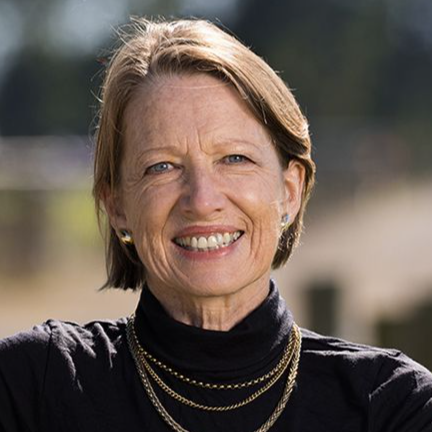We will not see their like again, because they were forged in different times, and overcame different challenges.
This year we have gained a whole new crop of young agriculturalists – born, left school, and graduated – bringing new energies, thoughts and ideas.
They are emerging in an era of global wealth, health, freedom, equality, access to knowledge and educational privilege.
Not every country has the same approach, but generally, life is better than it was in the past.
Johan Norberg, Senior Fellow at the Cato Institute, Washington DC, is a historian and economist. His analysis concludes that “the good old days are now”.
Examining global topics such as food availability, sanitation, life expectancy, poverty and violence, he shows that society is generally better off now than at any time in history.
Progress has been made.
Jobs that are available to people entering the workforce now are different from those available 50 years ago.
Of course.
Technological advances and access to information have revolutionised our approach to spreading nutrients, milking cows, drafting sheep, drilling crops and picking apples.
People who develop new ways of thinking and improve on the ideas of previous generations will always be needed.
Practicable and affordable improvements are developed by people (or teams of people) who have their boots in the grass with their eyes on the horizon.
Listen to Jamie Mackay interview Dr Jacqueline Rowarth on The Country below:
Isaac Asimov explained the challenge of educating for the future in his 1957 novella Profession.
His scenario was that at 8 years old, children are programmed to read.
At 18 they are educated – programmed in their lifetime work.
When things change, however, they find themselves obsolete.
The hero, George Platen, isn’t programmed at 18 and eventually realises that somebody must be able to do the developing of new programmes.
He has to come to the realisation himself that the people who make the decisions “know of no way of detecting the capacity for original, creative thought. It is too subtle a thing.”
George has done a huge amount of self-directed learning in preparation for his future, and by learning the basics he is able to contribute original, creative thought for progress.
This is the key for education for the future.
Whatever stage they are at, people need the basics of being able to assemble facts, analyse information and then identify the anomalies and the potential for change.
They also need to be able to challenge received wisdom and the status quo – advances come from knowing the subject and taking risks.
The recent concern about black plastic cooking utensils is a case in point.
The research from the advocacy group Toxic-Free Future contained a mathematical error that the researchers, referees and editors missed.
Director of McGill University’s Office for Science and Society Joe Schwarcz is a chemist dedicated to busting myths.
He redid the calculations and found that the “toxic chemical” alert was based on a miscalculation.
Similarly, statements from a series in the UK, Diary of a CEO, have been challenged recently.
The fallout is ongoing and shows the importance of basic knowledge in order to make progress.
In New Zealand, vital basic knowledge is receiving attention through reforms in science and education.
The recent furore about the redirection of the Marsden Fund to focus on economic impact is an example of forward-thinking to ensure progress, remembering that against the background of funding for social science and humanities overall, the change is small.
The Ministry of Education data indicates that just over 20% of tax-funded PhDs are in society and culture, and another 4.5% in the creative arts.
In considerable contrast, only 1% are in agriculture and horticulture.
Professor Jon Hickford of Lincoln University says, “Social science and humanities research activities can identify what is wrong with New Zealand, but they rarely create new wealth or foreign earnings that we might spend to fix the challenges we face. These challenges include increasing social housing, increasing benefits, getting more doctors or teachers, addressing inequality, getting greater school attendance and achievement, etc.
“We need to earn more money,” says Professor Hickford.
We need it to make progress.
And that is what the Government believes as well.
Prime Minister Luxon’s comment on being wealthy should be a source of reassurance for the country.
With investment in the right places, New Zealand can afford more – more hospitals, more schools, more benefits ... but it should never be forgotten that people in other countries regard living here favourably.
The net migration of non-New Zealand citizens was 91,700 in the year to October.
Johan Norberg has explained that the best days are now.
His words echo those of Franklin Pierce Adams: “Nothing is more responsible for the good old days than a bad memory.”
RIP 2024 and to those on evergreen pastures. Thank you for the foundation for progress.
